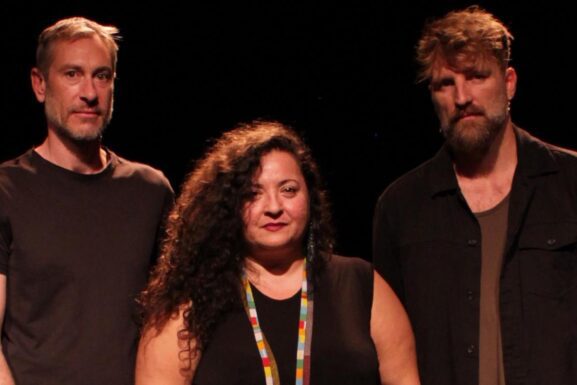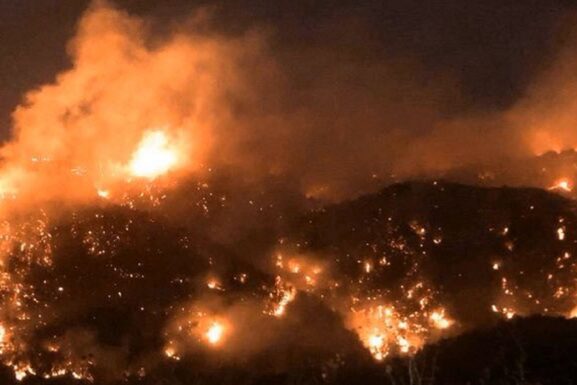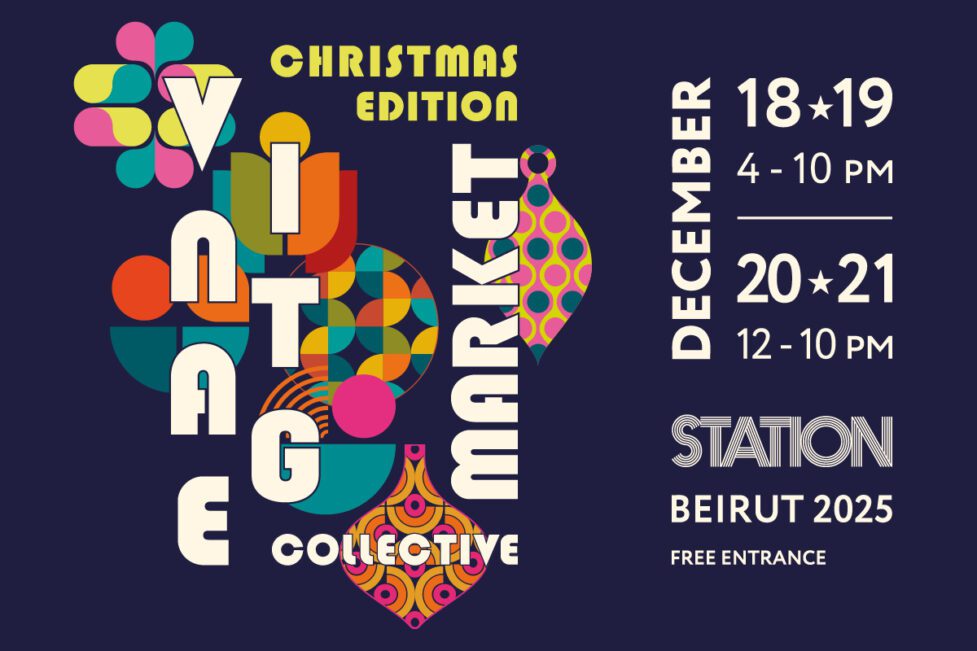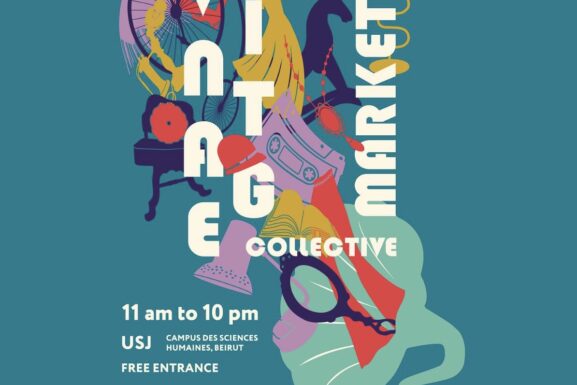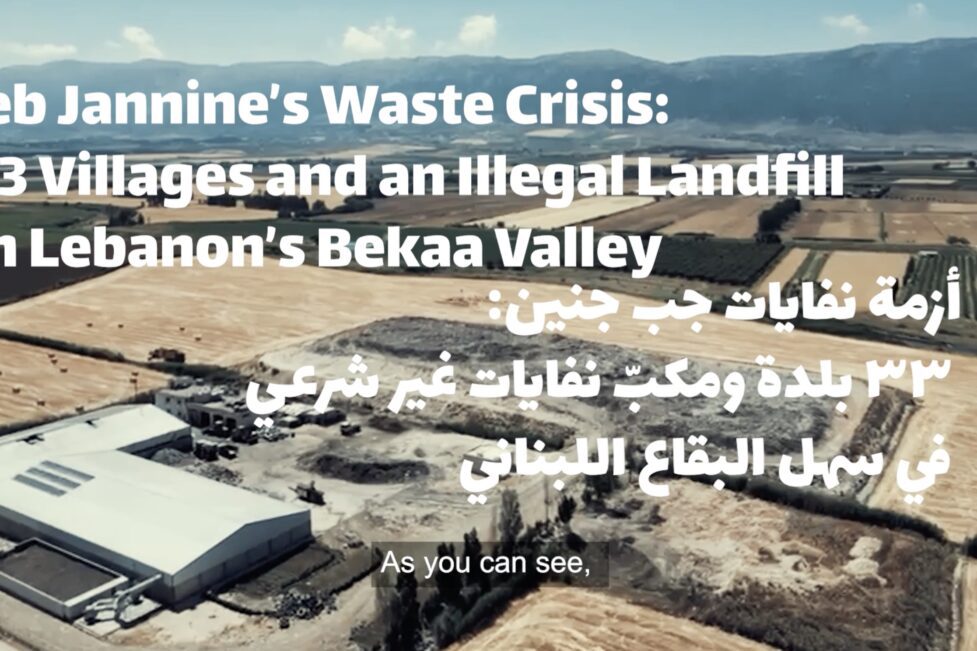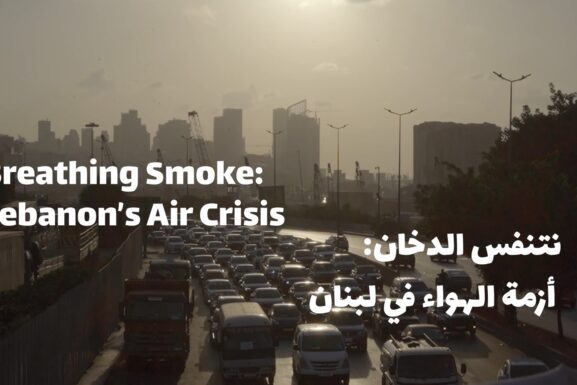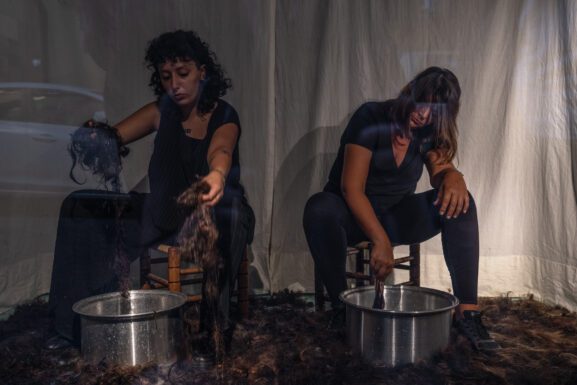// ABOUT BBIMF 2025 After the cancellation of BBIMF 2024, we are determined and excited to share that the Beirut...
In a moment when Lebanon continues to navigate war, displacement, and the weight of daily survival, Three Verses of Solitude opens a...
Almost a year since a ceasefire was agreed, many farmers in Southern Lebanon are still denied access to their land due to displacement, ongoing Israeli attacks, and soil contamination, a joint report released today by Action Against Hunger, Oxfam and Insecurity Insight has found. The impacts of the war coupled...
Lebanon’s coast is under attack, public beaches are being privatized, and the law of the jungle rules our shores.The “Coast...
Lebanon’s Wildfires Are More Than Human Error – They’re a Climate and Systemic Crisis | Beirut Today
Over the past few days, Lebanon’s green areas saw a wave of fires engulfing the country from North to South,...
This December, the holiday season gets a stylish twist as the Christmas Edition of the Vintage Collective Market opens its doors to lovers of retro charm, bold design, and handcrafted creativity. Taking place at Station Beirut from 18 till 21 December, the Christmas Edition invites guests to step into a...
Vintage Collective Market Returns to Beirut for Its 3rd Edition: A Celebration ofTimeless Style, Art, and StoriesThe highly anticipated Vintage Collective Market returns to Beirut for its third edition,...
The Jib Jenin waste plant in West Bekaa has turned into an environmental disaster, threatening the health of nearby residents and the surrounding ecosystem. Piles of untreated garbage, toxic leaks, and foul odors are spreading across the area, contaminating water sources and farmland. By Hasan Sendian...
This September, Beirut’s art scene is presenting two powerful exhibitions that reflect on survival, resilience, and the uncertain future of...
In a city where noise and chaos often drown out reflection, Beirut-based singer-songwriter Yal Solan has chosen silence, or something close to it, as her act of resistance. Her new single, “Manam” (out September 10), is born out of stillness: the emotional “freeze response” that takes hold when the body...



